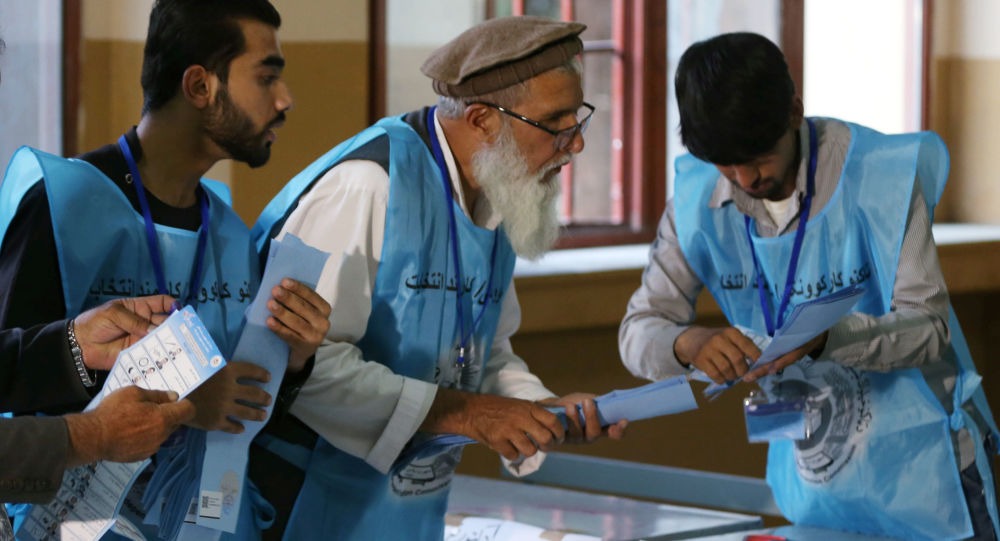“If we look at the Afghan elections and compare them with previous rounds, given the history of past elections the current elections were expected to be conducted with less technical and systematic challenges and witness more order and transparency,” said Farzad Ramazani Bonash.
“But what really happened was the persistence of technical and systematic challenges and the lack of transparency in the election process,” he added. On the other side, there were still political and security challenges to the election. This prompted various objections from the candidates and opposition figures and party leaders in Afghanistan criticized the election process.
The regional affairs analyst said the preliminary estimates show that only 2 million people participated in the election that is about 20 percent of eligible voters, adding that many Afghans could not cast their votes.
“People like the Afghans present in Iran were not able to participate in the elections,” Ramazani said. In addition, many residents in the Afghan provinces, due to insecurity as well as technical and systemic problems were unable to vote in all areas due to the use of biometric devices and the lack of internet access in all regions. At the same time, we see the Taliban’s continued presence in important parts of the provinces, at least about thirty to fifty percent.
He added: “The discontent of the Afghan people with the election process has led to a low turnout. Dissatisfaction with the current election structure, the presence of various candidates and objections of the Afghan citizens to disqualification of their candidates as well as technical problems and the likelihood of fraud had disappointed the people on voting.
He added: “The trend of the US talks with the Taliban and the critical attitude of the Afghan government towards these talks over the past six months had actually strongly affected the election process, and many figures even spoke about postponing the vote. They wanted these talks to bear fruit before holding the elections. Lack of results of these talks has actually affected the Afghan elections.”
Commenting on the political situation in Afghanistan after the elections, Ramazani added: “If the process of transparency of the election does not achieve a certain result and the figures present in the elections such as Hekmatyar, Abdullah Abdullah and Ashraf Ghani and other figures are not convinced about the outcome of the election process and transparency there may be street protests and even more clashes in cities like Kabul and riots like what we saw in previous elections. This will certainly require a mediator to solve the post-election challenges in this country. But if the factions come to an agreement, we will see a government that, although with less votes, will be able to move forward with some sort of national consensus on important political issues such as negotiations with the Taliban and strengthening Afghanistan’s economic infrastructure.
The analyst also said about the evaluation of the election results: “It seems that among the candidates Dr. Abdullah Abdullah due to some kind of affiliation with the North Front, Jamiat-e Islami Afghanistan and the Pashtun and the Tajik parents and supporters from the two powerful tribes (namely Pashtuns and Tajiks), will have more votes. On the other hand, the presence of various persons from powerful parties within Dr. Abdullah’s team and his more favorable recruitment of faces has added to the possibility, and on paper and based on some signs, Mr. Abdullah has more potential to win the votes than Dr. Ashraf Ghani. But given the low turnout, if the election process is held transparently, it could enter a second round, as before, and create a challenge.
“The two figures who will get the most votes are Dr. Ashraf Ghani and Dr. Abdullah, and it seems that Dr. Abdullah will get higher votes than Mr. Ashraf Ghani,” he said.










0 Comments